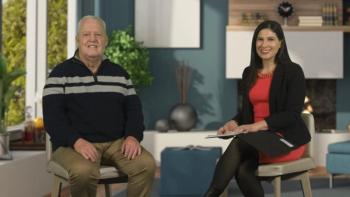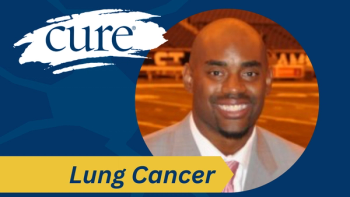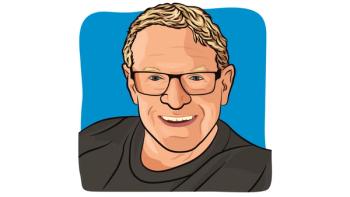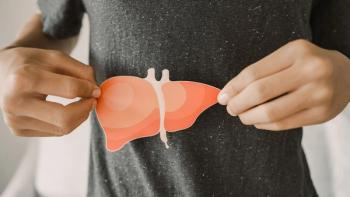
Why is the San Antonio Breast Cancer Symposium so unique and special?
As the San Antonio Breast Cancer Symposium winds down, I heard the usual feedback from all participants – apart from the specific studies that you have been hearing about for the last few days. For many, including myself – it is the favorite and most important conference of the year (this is my 21st year straight attending). There are several reasons why it stands out. For one, it is about as multi-disciplinary as it can be with very basic biologists and geneticists interacting with every medical specialty from medical to surgical to radiation oncology along with pathology, radiology, genetics, supportive care and more. Also, there are no parallel sessions, so everyone is encouraged to attend each talk and get "cross trained." Half the attendees are international, and over the past few years, there has been a clear shift in the number of important trials that are designed and conducted outside the U.S. Therefore, this meeting takes on a special role in bridging the continents and is beginning to resemble the United Nations. Advocates take an important role, and on numerous occasions, asked thoughtful questions following oral presentations – queries that would probably not have been aired by professional attendees. This not only provides clinicians and scientists with important insights from the patient view, but builds trust and confidence on both ends – this has wide-ranging effects from improving accrual to clinical trials to helping advance public policy.A lot also happens away from the podium – the endless train of meetings and informal gatherings between clinicians and scientists to brainstorm about new clinical trials and laboratory collaborations. The pharmaceutical industry has been much less represented since the economic downturn, but still plays an important role in seeking advice and developing relationships to conduct their trials and getting input on their investigational and "pipeline" drugs. The American Association of Cancer Research has become a major partner of this meeting and brings to it a broader scientific base, as well as avenues to fund the travel of national and international trainees based on the merit of their submitted abstracts. Even the city of San Antonio holds a charm and user-friendliness that makes it easy to return every year, even for those coming from the other side of the world.The breast cancer world has become a global community of sorts, and this meeting represents its "capitol."




